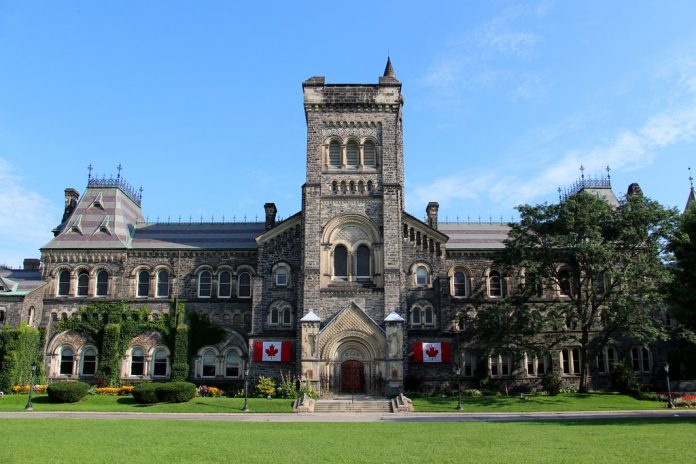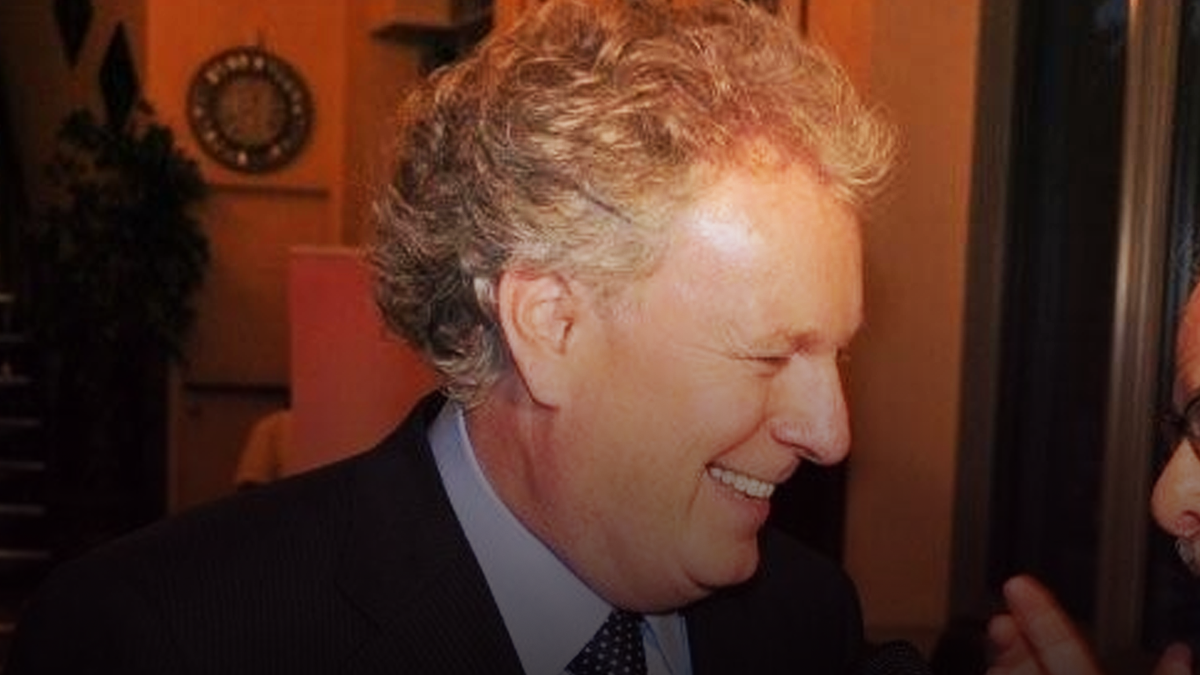CTV has expressed “regrets” about its reporting of a 2018 story that triggered Brampton mayor Patrick Brown’s resignation as leader of Ontario’s Progressive Conservatives.
This concession comes as Brown is rumoured to be in the final stages of planning a federal Conservative leadership bid.
In a statement, the broadcaster said “details provided to CTV for the story were factually incorrect and required correction.”
“CTV National News regrets including those details in the story and any harm this may have caused to Mr. Brown,” the statement, first reported by the Toronto Star, says.
CTV’s apology is a victory against cancel culture, according to a source from Brown’s leadership campaign.
“This is about the truth. Now that this is done and behind him, he now has a clear runway to run for Prime Minister of Canada,” the source said. “Patrick could have rolled over and done nothing, but he fought back, and he won. He refused to fall victim to cancel culture because he is a fighter – and today he proved it again.”
The source said CTV’s apology wouldn’t have come “without Patrick’s drive and will to fight for what’s right.”
Brown filed an $8 million defamation lawsuit against CTV’s parent company over a Jan. 2018 story detailing two allegations of sexual misconduct, which Brown denied.
An edited version of the story remains online, with CTV’s recent statement at the top as an “Update on Patrick Brown.”
Brown, a former federal Conservative MP, was the leader of Ontario’s PC party from 2015 to 2018 until the CTV story pushed him to resign, just four months before Ontario’s 2018 election, which the PCs won.
In October of 2018, Brown was elected mayor of the Greater Toronto Area city of Brampton. His term ends in the fall.
In 2019, Brown published a memoir about his demise as PC leader, called Takedown: The Attempted Political Assassination of Patrick Brown.

























